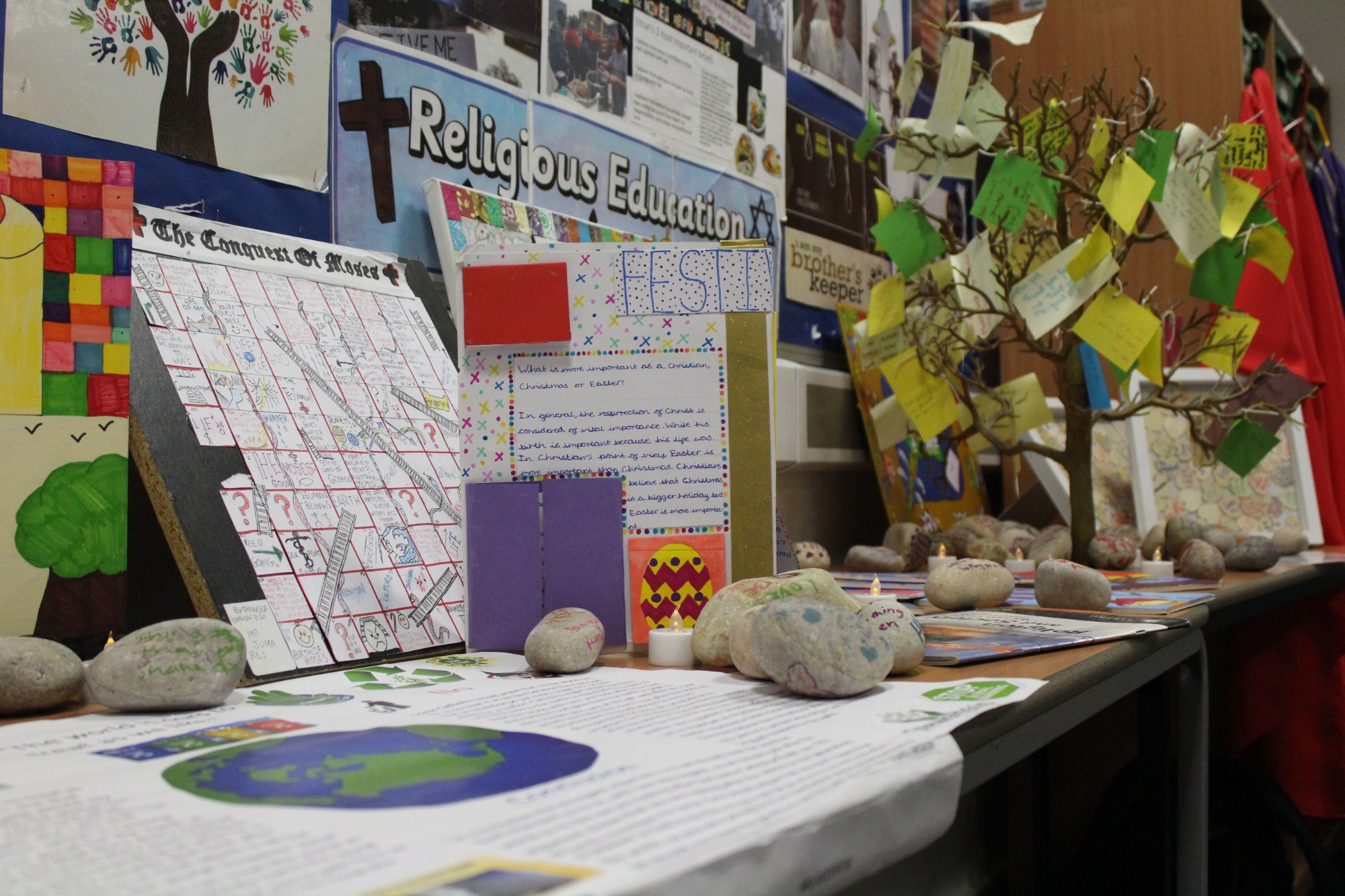Computer Science
Curriculum Intent
The vision for the Computing department is first and fore mostly to develop students' digital literacy and IT skills to enable them to succeed in the ever-advancing digital world.
These digital literacy skills are taught in year 7 and are re-enforced throughout the rest of KS3 and KS4.
During KS3, students learn from a wide curriculum, experiencing the three elements of Computing: Computer Science; Information Technology and Digital Literacy.
At KS4, we offer three different courses pitched for students at high, middle and low ability, facilitating pathways for all students.
Also, we offer a robust KS5 BTEC option with a track record of outstanding results.
We also aim to offer enriching after school programs to engage KS3 students and inspire an interest and passion for Computing and hopefully lead to a popular uptake of Computing courses at KS4.
We also offer support to our KS4 and KS5 students with after school study/enrichment opportunities.
Finally, we aim to give our students exposure to emerging technology that they may not otherwise have the opportunity to try, in the hope to reduce social mobility and inspire students to follow a career path into the Computing industry.

